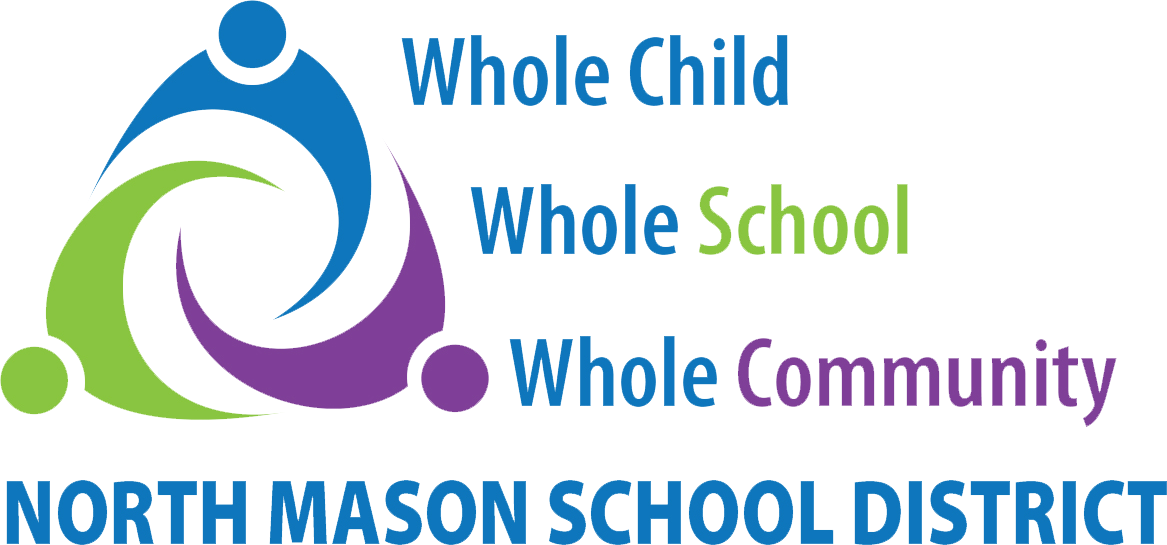Skip to content
Revised Educational Programs & Operations (EP&O) Levy Renewal
Show submenu for About NMSD
About NMSD
Harassment, Intimidation, and Bullying (HIB)
Show submenu for School Board
Show submenu for Departments
Departments
Campus Safety
Facilities and Maintenance
Food Services
Office of Student Services
MTSS (Multi-Tiered System of Support)
Teaching and Learning
Technology
Transportation
Show submenu for Registration
Registration
Mary E. Theler Early Learning Center Registration
Kindergarten Registration
Grades 1-12 Registration
Show submenu for Parents & Community
Show submenu for
